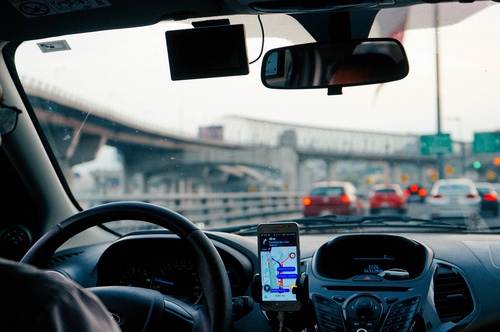
The highly publicised case Uber BV and others v Aslam and others has reached the end of its litigation journey with the Supreme Court ruling that Uber drivers should be classed as ‘workers’ and not independent, third-party contractors as Uber had argued. The judgement is significant but not entirely unexpected; the case has been ongoing since 2016 when 2 drivers, James Farrar and Yaseen Aslam, first brought the case before the employment tribunal. The employment tribunal in 2016 held that the drivers were workers, a decision which was upheld by the Employment Appeal Tribunal and the Court of Appeal. Uber’s final appeal was heard by the Supreme Court, which upheld the previous decision that Uber drivers are indeed workers. See our previous blog on this decision for further details.
The Decision
The Supreme Court emphasised that in determining ‘worker’ status, it is a matter of statutory interpretation rather than contractual interpretation. This follows a key principle of employment law that an employer cannot simply ‘contract out’ of its employer obligations. The purpose of employment legislation is to provide protection to the employment relationship where the employer exercises control and the worker is in a subordinate and dependent position to the employer. The court must look behind what the documentation states and consider the reality of the relationship between the parties.
Central to the Court’s decision was that Uber drivers were in a position of ‘subordination and dependency’ based on the following factors underpinning the employment relationship:
- Uber decides the rate of fare and drivers are not permitted to charge more than the fare calculated by the app;
- Uber sets the terms and conditions of using its service;
- Drivers are not free to choose when and when not to work once they are logged-on to the app, and can face penalties for cancelling or not accepting rides;
- Uber is in significant control of how the service is delivered to customers, such as by employing a ratings system for drivers which has penalties if they fall below a certain rating;
- Uber controls how drivers communicate with customers and restricts this to the minimum necessary for its service.
These factors, the Court ruled, constituted an employer/worker relationship.
The Court also rejected Uber’s argument that drivers were only working when driving passengers between destinations, instead upholding the tribunal’s decision that a driver would be considered to be working when a driver was within the area they were licensed to work and logged onto the app, making them available for prospective customers.
Implications of Worker status
‘Workers’ are not entitled to the full remit of rights which are afforded to employees, but they do have rights which are not available to self-employed independent contractors. The practical significance for Uber drivers now being classified as ‘workers’ means that they are afforded additional benefits and protections including:
- Entitlement to the National Minimum Wage;
- Paid annual leave and an entitlement to breaks under the Working Time Regulations;
- The right to raise a claim of discrimination under the Equality Act 2010;
- Protection for whistleblowing; and
- Protection against unlawful deductions from wages
Implications for Employers
The implications of this decision for Uber are potentially significant, both in terms of having to pay compensation to the drivers concerned and potential future claims. Uber has argued that its employment practices have changed since this case was brought and drivers now have a different relationship, but it would still be open for drivers to challenge this in further claims.
More widely, the decision has significant implications for other employers who engage people who are described as self-employed. The contract stating as such is not enough and if the reality is that those working for the business are subject to significant control, they might well be workers and entitled to the rights worker status entails. Employers who engage people in a gig economy model or otherwise described as self-employed contractors will require to reflect not only on the contractual documents they issue, but also the reality of the working arrangements and whether status could be subject to challenge
CONTACT US
Miller Samuel Hill Brown can provide further advice and guidance on such issues. To get in touch please use our online contact form.